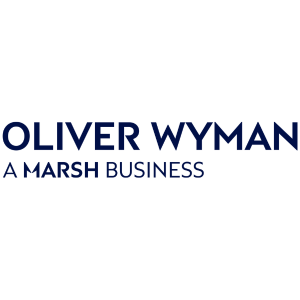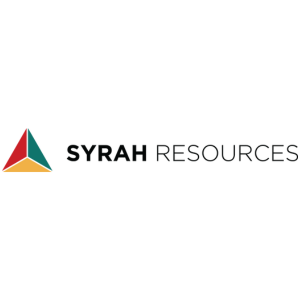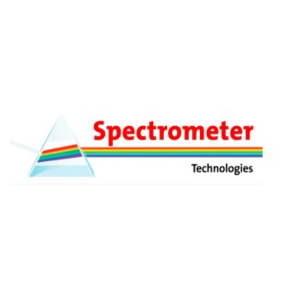#PolyPod – Business talks ESG with Estelle Levin Nally: Human Rights in your supply chain, is your business!
In this podcast, Estelle Levin-Nally (CEO and Founder – Levin Sources) and Hege Marie Norheim (Executive VP – Corporate Public Affairs & Sustainability – FREYR Batteries) discuss the geographical and commercial parameters of doing strong human rights due diligence and what some of the hot topics are at present.
Together they cover:
Together they cover:
- Estelle’s journey into human rights, and the ‘aha’ moment when she realised the transformative potential of a human rights based approach for driving sustainable development through minerals
- How human rights violations are not unique to the Global South or high-risk areas. There is an attrition of conditions that make the fulfilment of human rights more possible in the West, and human rights violations happen there too. Human rights due diligence is an ongoing process with people at the heart of it so it’s often done imperfectly, thus risks materialise. We must continuously invest in monitoring, training, tackling blindspots.
- Business’ role in respecting human rights, as defined by internationally recognised HuR set out clearly in the UNGPs. This covers labour rights, child rights, adult rights to practice livelihoods to meet basic needs, and community rights. But how people in businesses often don’t understand the fulness of this picture, or what it means for them, and the enormous opportunity that a human rights based approach presents to help achieve their strategic objectives.
- Types of early warning systems, and why supplier engagement is so crucial.
- How miners are drowning with the reporting and audit burden and customer information requests and the commercial barriers to rationalising this, and how this impedes investment by miners in really addressing root causes.
- How the legacy of the OECD Minerals Guidance is an overdependence by the downstream on business partner screening, traceability, and audits with not enough focus on mitigation, reporting and remedy, leaving companies underperforming on human rights due diligence.
- The importance of human rights defenders and the protection of civic space.
- The risk of abandonment of marginal producers by sensitive downstream players, because the business case to engage isn’t strong enough. The role for DFIs and donors to work on democratisation, women’s economic empowerment, civil society strengthening and anti-corruption, to counter the deepening of conditions that discourage companies for sourcing from high-risk areas that aren’t priority origins.

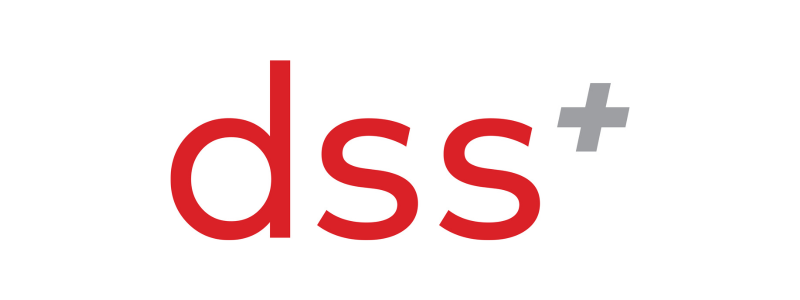

.jpg?ext=.jpg)
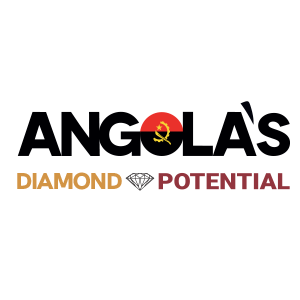
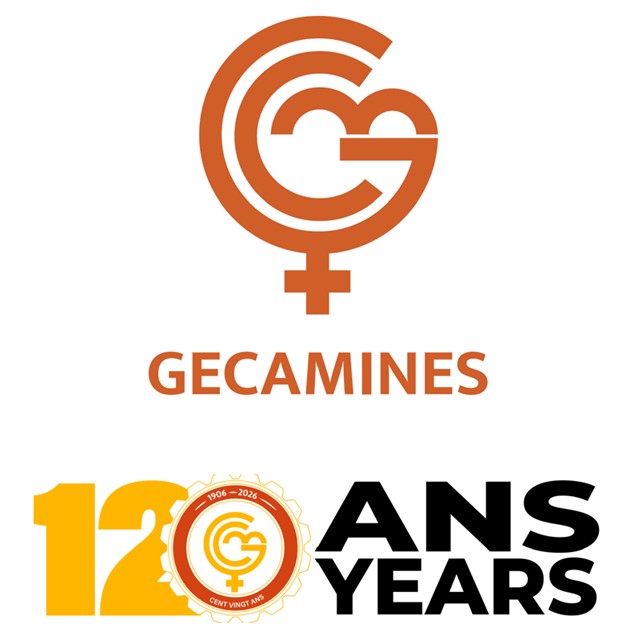
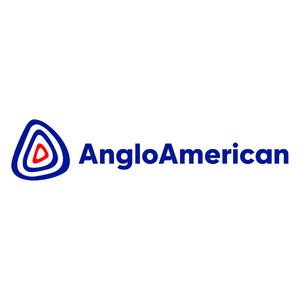
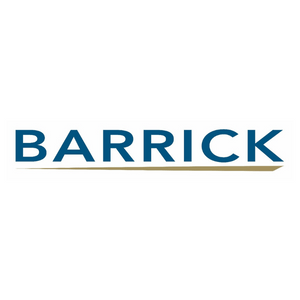
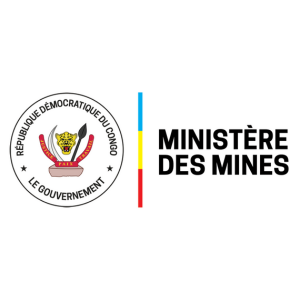
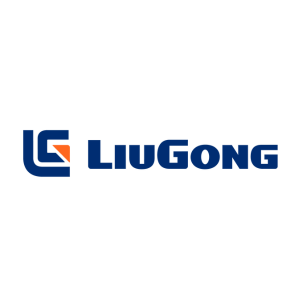
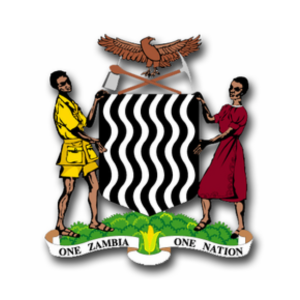

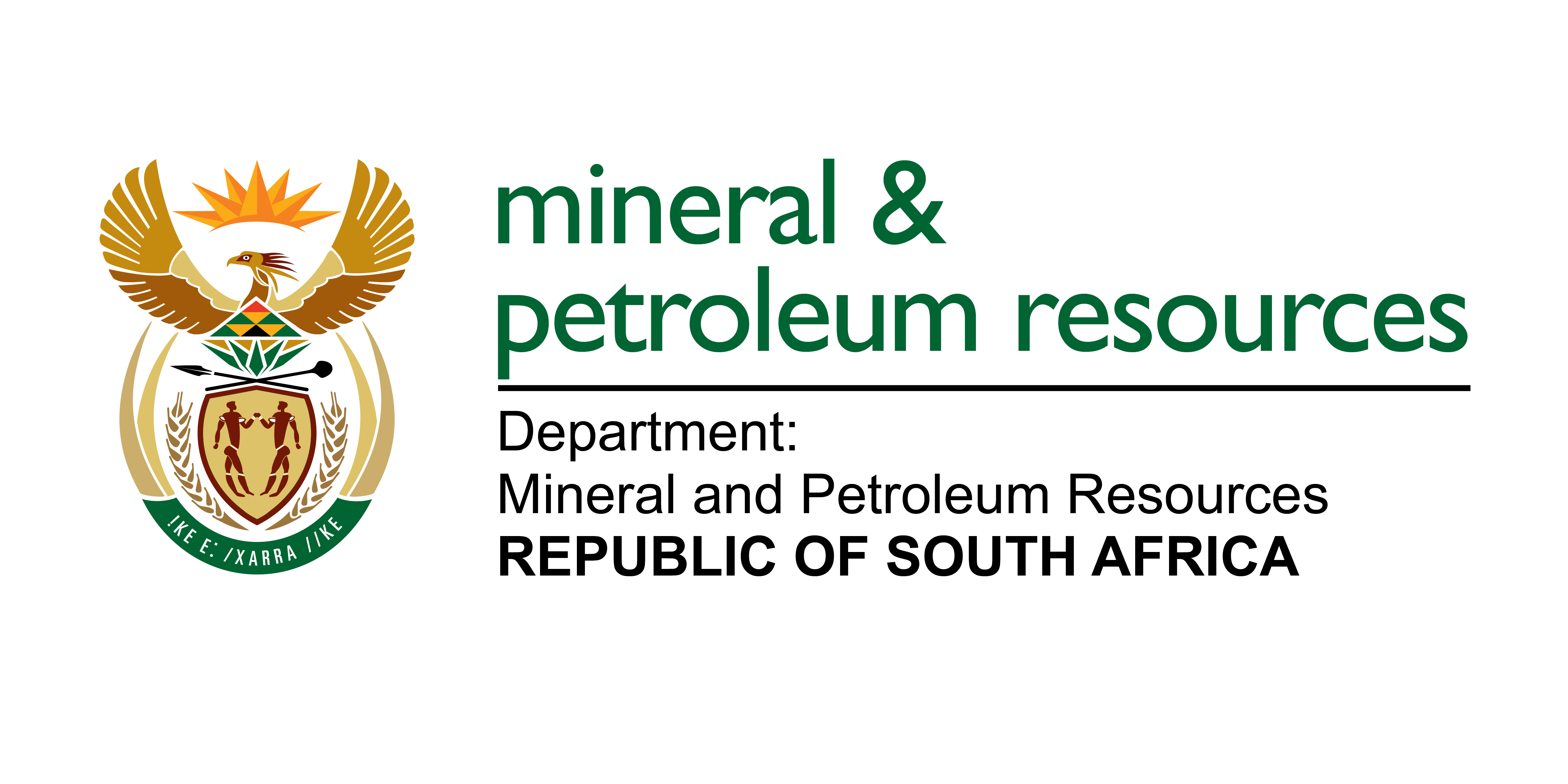-Logo_CMYK_1.jpg?width=1000&height=500&ext=.jpg)
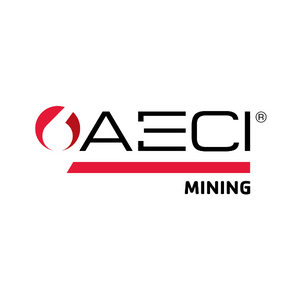



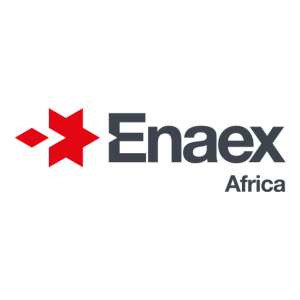

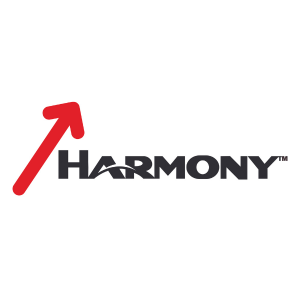
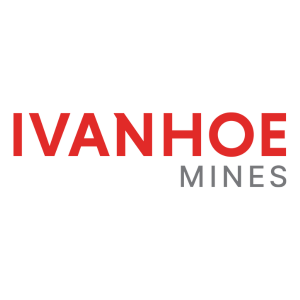
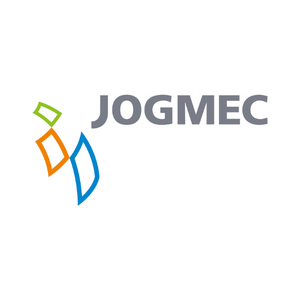


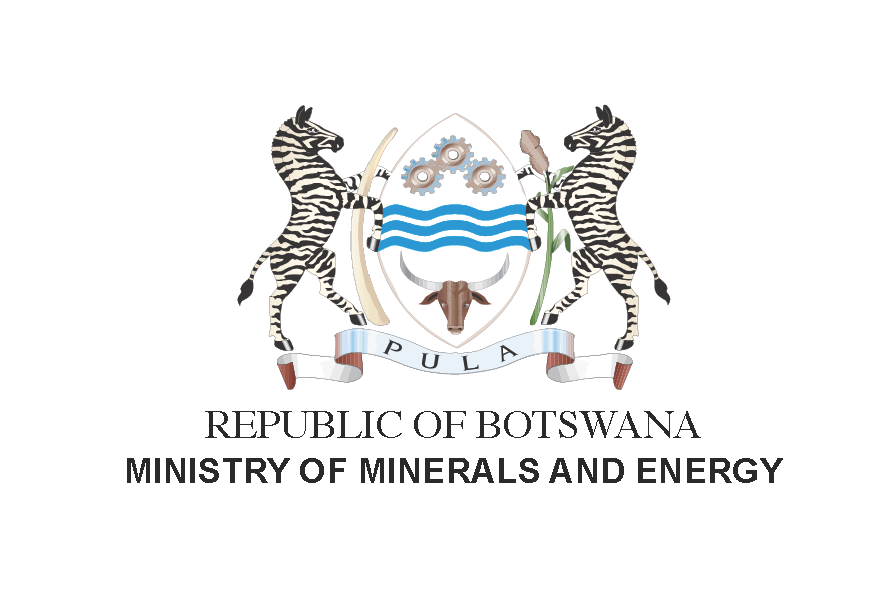.png?width=300&height=208&ext=.png)
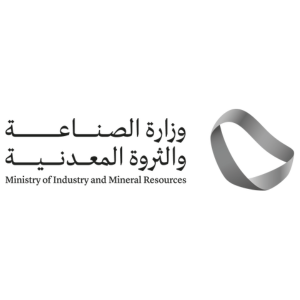
_mi25-weblogo.png?ext=.png)
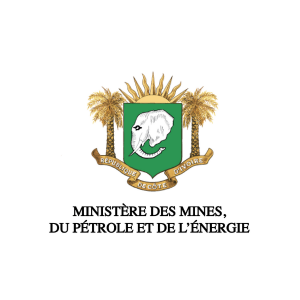
_1.png?ext=.png)

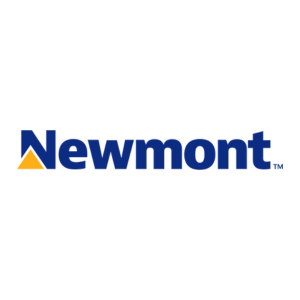
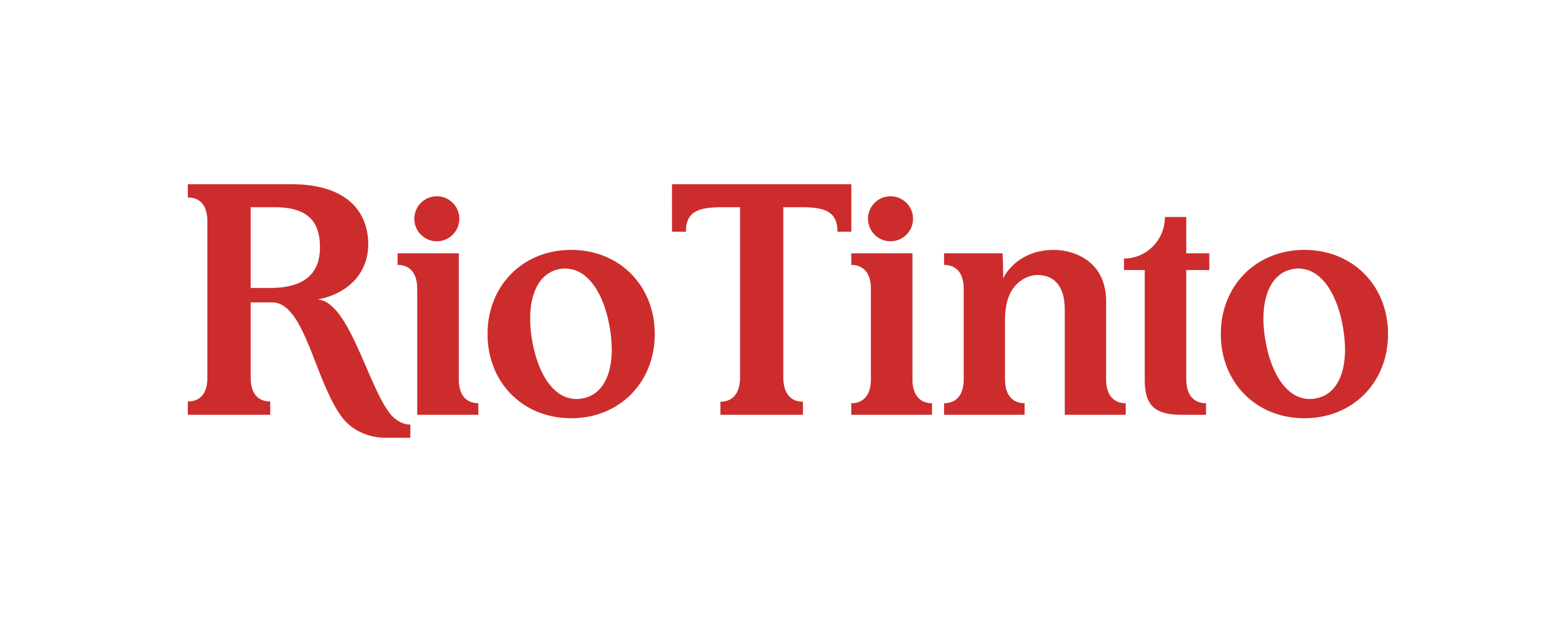

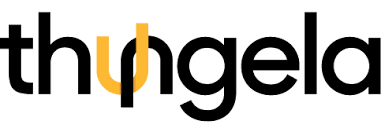
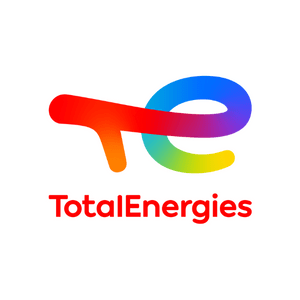
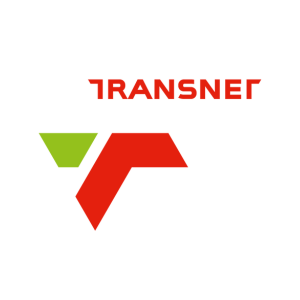
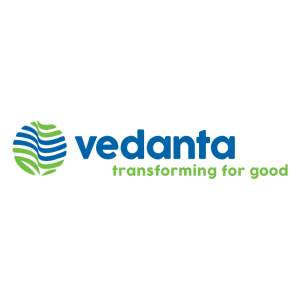

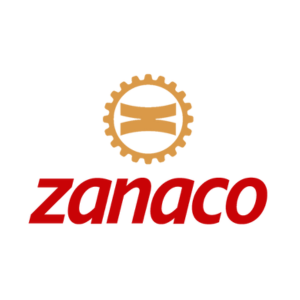
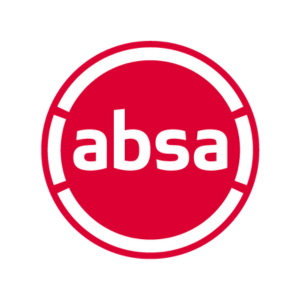
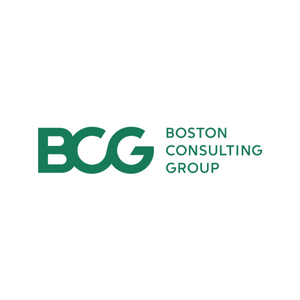
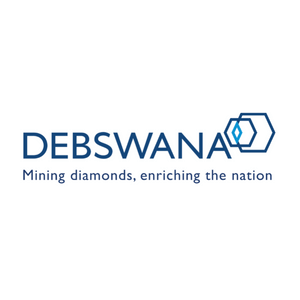






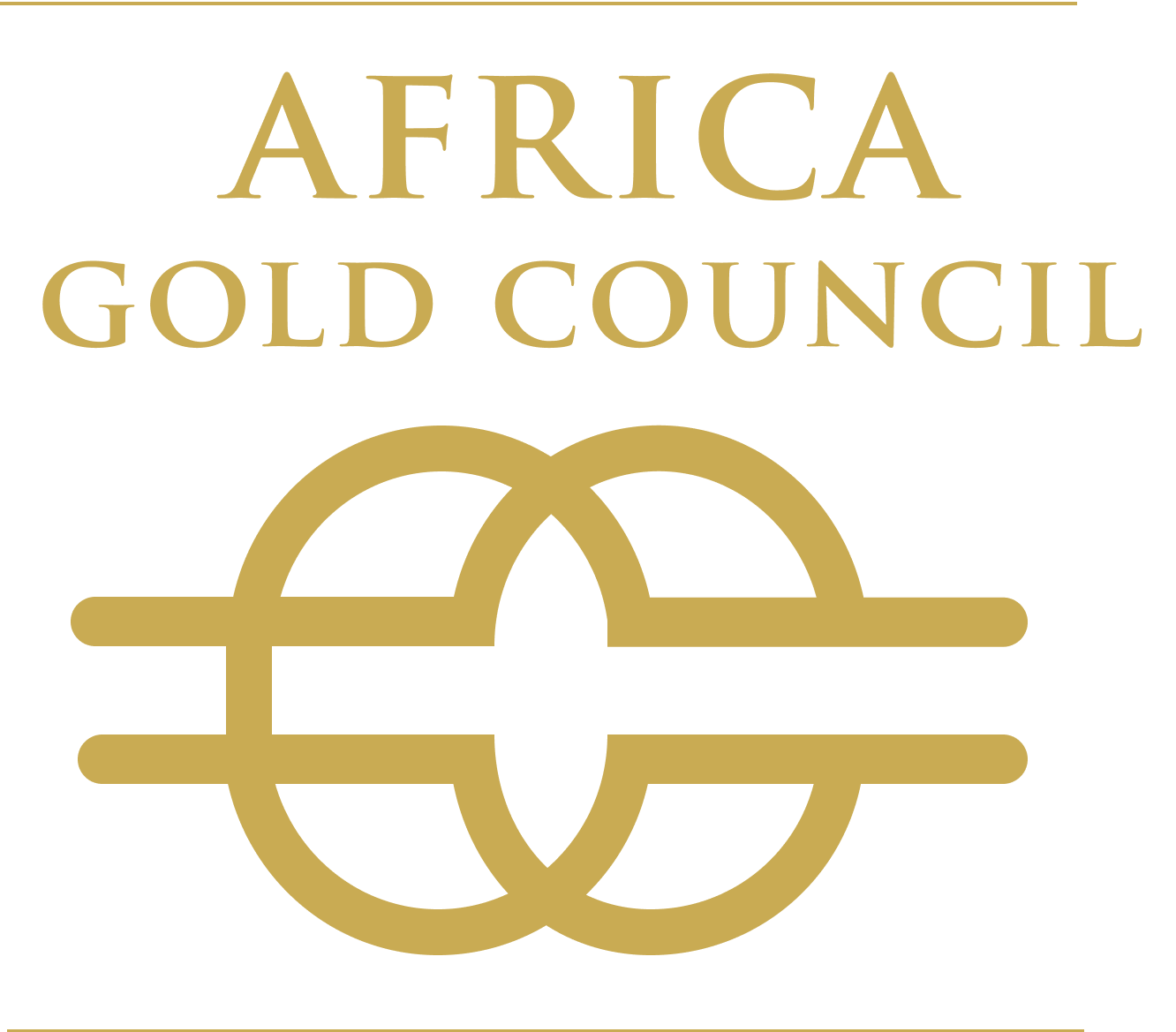

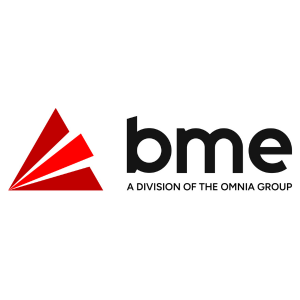


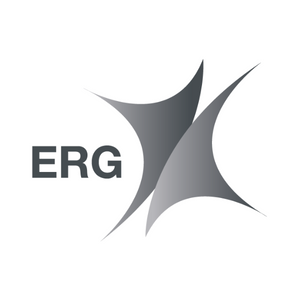







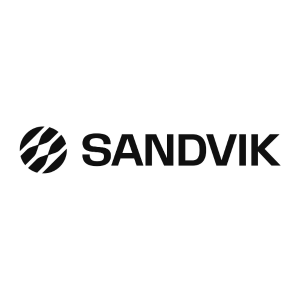
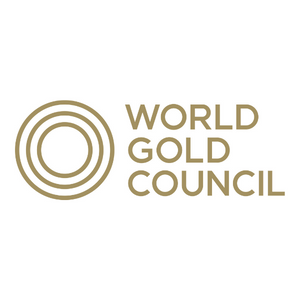
_logo.png?ext=.png)


_mi25-weblogo.png?ext=.png)

